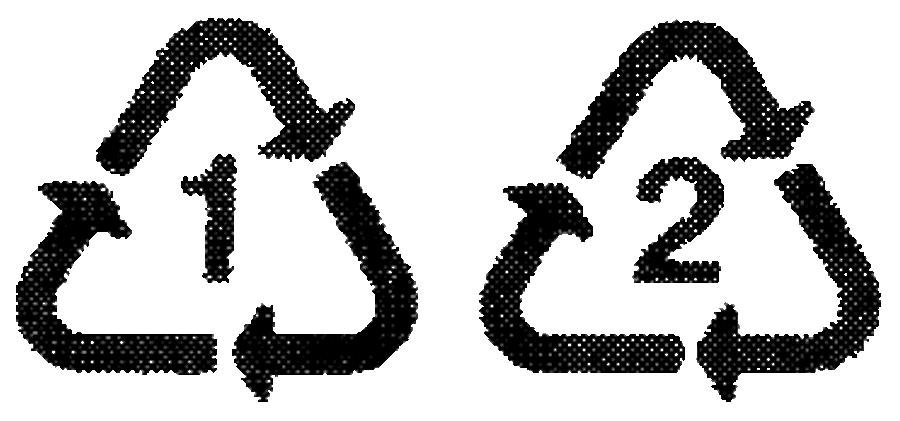Here on the Northern Neck, the importance of recycling cannot be overemphasized. Across the nation, landfill space has become a precious commodity. Establishing new landfills is expensive and politically difficult, since none of us wants one in our backyard. But on the coastal plain, siting new landfills presents a real technical challenge, given the region’s natural topography, limited land area, and the nature of sandy soils. The Northern Neck has lots of low-lying land, an abundance of surface water, and a shallow water table. The bottom line: a tremendous potential for ground- and surface-water pollution, and long-term threats to drinking water. So what’s really called for is a fundamental change in how we buy, use, and dispose of products.

Our counties have been working for many years to tackle the waste-management situation through a combination of recycling efforts and improved public education about what does and does not belong in the landfill. While all four counties are at different points in their recycling strategies, the goal is the same: reduce the volume of material going into the local collection centers.
At all collection centers you will find separate dumpsters for recyclable materials: glass, aluminum, and mixed papers. Some centers also collect plastics, tin, steel, used motor oil, and corrugated material. At the larger transfer stations, yard waste and small tree stumps are accepted and ground into mulch for county residents at no charge.
All four counties have a collection day for household hazardous waste. It enables residents to bring in household and lawn and garden wastes to a central collection point once or twice a year.
Perhaps it’s even more important to think about items that cannot be recycled. Consider reducing, or even eliminating, their use.
For ideas on how to recycle these products, pick up a copy of Resource Recycling Magazine. Just a few suggestions to get started: take plastic bags to your local grocery store, where they will be recycled into useful products. Buy long-lasting or rechargeable batteries. Reduce or try to eliminate the use of herbicides and pesticides in your lawn and garden areas. Place open paint cans in a safe place outdoors (under cover and away from children and pets) until the liquid inside evaporates, then take to the collection center. Compost all of your non-meat garbage and use it to enrich your soil.
Plastics with either of these symbols can be recycled

- Recycling one glass bottle saves enough electricity to light a 100-watt bulb for four hours.
- Motor oil never wears out, it just gets dirty. Oil can be recycled, re-refined and used again, reducing our reliance on imported oil.
Source: National Institutes of Health
Alternative Cleaning & Pet Care Products to Use at Home
- Ammonia-based cleaners: Try substituting a vinegar, salt, and water mix for surfaces; baking soda and water for the bathroom.
- Disinfectants: Use one-half cup of borax in one gallon of water.
- Floor/Furniture polish: Try one part lemon juice, two parts olive or vegetable oil.
- Silver polish: Soak silver in boiling water with baking soda, salt, and a piece of aluminum foil.
- Rug/Upholstery cleaner: Try dry cornstarch sprinkled on, then vacuumed.
- Mildew remover: Try a mixture of lemon juice or white wine vinegar with salt.
- Flea collar: Instead, try eucalyptus or rosemary (collar-treated or ointment).
- Flea spray: Try an application of Brewer’s Yeast; call vet for amount.
